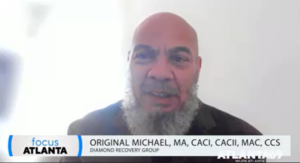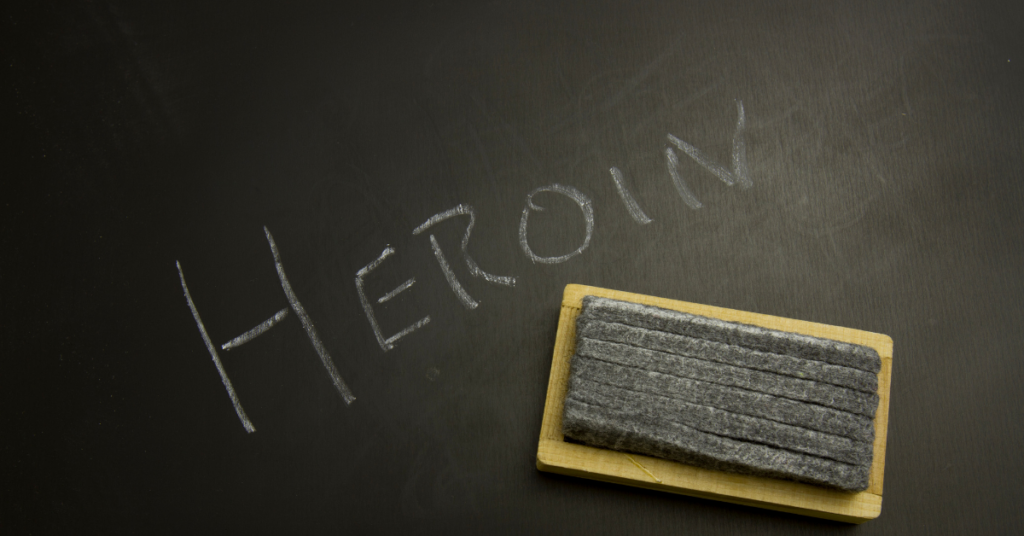

Navigating the complexities of heroin withdrawal is an arduous journey fraught with physical discomfort and psychological challenges. Understanding the duration and potential risks associated with heroin withdrawal is essential for individuals grappling with addiction and those supporting them through recovery. By shedding light on these critical considerations, we aim to provide clarity and insight into the multifaceted nature of heroin withdrawal and the importance of seeking appropriate support and guidance throughout the process. For those seeking comprehensive assistance, Diamond Recovery offers tailored heroin detox in Florida designed to provide medical supervision, therapeutic interventions, and a supportive environment conducive to long-term recovery.
Heroin withdrawal symptoms can be extremely difficult for those trying to overcome their addiction. The length of time that withdrawal symptoms last can vary based on several factors, including the physiology of the person, the length and intensity of heroin usage, and any co-occurring mental or physical health issues. Knowing how long heroin withdrawal takes could assist those going through this challenging process by offering insight and preparation.
The heroin withdrawal timeline typically includes:
It’s important to remember that each person experiences heroin withdrawal differently, both in terms of duration and intensity. The timeline of heroin withdrawal can be influenced by various factors, including the person’s general health, the existence of co-occurring disorders, and the degree of support and treatment they receive.
During this period, seeking expert medical and psychological help can significantly reduce discomfort and improve the likelihood of a full recovery. If you or someone you know is faced with the need to detox from heroin, speak with our Florida rehab at 844-909-2525 today.
Although heroin withdrawal does not usually result in death, problems caused by extreme withdrawal symptoms may pose a threat to life, particularly if the withdrawal is prolonged or left untreated. The main causes of death after heroin withdrawal include complications like electrolyte imbalances, dehydration, and aspiration from vomiting. Additionally, there may be a greater chance of serious difficulties during withdrawal in people with pre-existing medical illnesses, including cardiac or lung problems.
Because withdrawal symptoms are frequently accompanied by severe psychological discomfort and mental instability, there is an increased risk of self-harm or suicide during the withdrawal phase. When going through withdrawal, people who are feeling extreme despair, anxiety, or thoughts of suicide should get help right away from a doctor and a psychologist. Individuals going through heroin withdrawal must have adequate medical monitoring and support to reduce the risk of problems and guarantee a safe transition to recovery.
Facing heroin withdrawal requires a comprehensive approach that addresses both the physical and psychological aspects of addiction. While the risk of mortality directly from withdrawal is low, the potential for complications underscores the importance of seeking professional support. At Diamond Recovery’s rehab in Florida, we offer a specialized heroin treatment program tailored to individual needs. Our integrated approach combines medical detoxification with evidence-based therapies such as cognitive-behavioral therapy (CBT), individual counseling, group therapy, and holistic modalities to address the complexities of addiction. If you or a loved one is struggling with heroin addiction, don’t hesitate to reach out for help. Contact us today to learn more about our programs and begin the journey toward lasting recovery.





Creating foundations of solution for those suffering from substance use disorders.
Licensed by the State Department of Health Care Services
License: 191117AP
Expires: 01/31/2026
© Diamond Recovery 2024
About Us
Quick Links